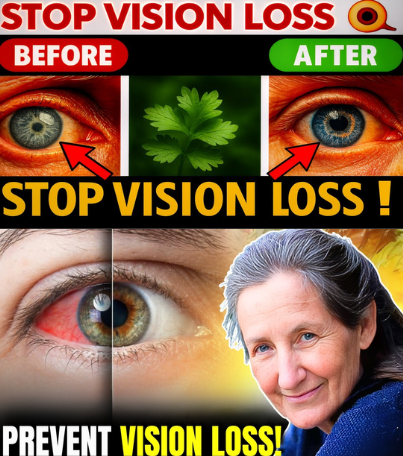
What Is Vision Loss?
Vision loss, or reduced eyesight, refers to a partial or complete decline in the ability to see clearly. It may happen gradually over time or suddenly in a matter of hours. While some cases are temporary and treatable, others can become permanent if left unmanaged. Vision is one of our most important senses, shaping how we work, connect, and experience life. Protecting it should be a top priority.
Common Causes of Vision Loss
There isn’t just one reason why vision fades—several factors can play a role:
- Refractive errors – Nearsightedness, farsightedness, and astigmatism blur vision but can often be corrected with glasses or surgery.
- Cataracts – Clouding of the lens that makes vision hazy and colors less vibrant.
- Glaucoma – Increased eye pressure damages the optic nerve, often without early symptoms.
- Age-related macular degeneration (AMD) – Affects central vision, making reading and face recognition difficult.
- Diabetic retinopathy – High blood sugar damages the retina’s blood vessels.
- Eye injuries or infections – Trauma and untreated infections can lead to sudden loss.
- Lifestyle and environment – Prolonged screen use, smoking, poor diet, and lack of eye care speed up damage.
Think of your eyes like camera lenses—if the lens, wiring, or sensor gets damaged, the whole image is affected.
Early Warning Signs of Vision Loss
Not all vision problems are obvious at first. Some sneak up gradually, while others hit suddenly. Watch for:
- Blurry or cloudy vision.
- Difficulty seeing at night or in low light.
- Sensitivity to glare.
- Trouble focusing on objects.
- Blind spots or dark patches in vision.
- Frequent changes in glasses prescription.
- Double vision or distorted images.
Ignoring these signs is like ignoring a car’s warning light—it might keep running for now, but problems will only get worse.
Video : Central Causes of Vision Loss
How Vision Loss Affects Daily Life
Reduced eyesight impacts far more than reading fine print. Driving, working, studying, and even social interaction can become difficult. For many people, vision loss brings a loss of independence and self-confidence. Tasks like cooking, crossing the street, or recognizing faces may suddenly feel overwhelming.
Diagnosis: How Doctors Detect Vision Problems
Eye specialists use several tests to find the cause and severity of vision loss:
- Visual acuity test – Reading letters on a chart to measure clarity.
- Refraction test – Determining the best lens prescription.
- Slit-lamp exam – Checking the cornea, iris, and lens.
- Tonometry – Measuring eye pressure for glaucoma.
- Retinal exam – Inspecting the back of the eye for damage.
Routine eye exams are crucial, even if your vision seems fine, because many conditions develop silently.
Treatment Options for Vision Loss
The right treatment depends on the cause. Some common options include:
- Corrective lenses – Glasses or contact lenses for refractive errors.
- Medications – Eye drops for glaucoma or anti-VEGF injections for macular degeneration.
- Surgery – Cataract removal or laser surgery for certain conditions.
- Lifestyle changes – Managing diabetes, reducing screen strain, or improving nutrition.
- Low vision aids – Magnifiers, special glasses, and digital tools to help with daily tasks.
While not all vision loss can be reversed, many treatments can slow progression and preserve remaining sight.
Prevention: How to Protect Your Eyesight
Protecting your vision is about daily habits, not just occasional checkups. Some powerful preventive steps include:
- Get regular eye exams, especially after age 40.
- Wear sunglasses with UV protection.
- Limit screen time and follow the 20-20-20 rule (every 20 minutes, look at something 20 feet away for 20 seconds).
- Maintain a diet rich in leafy greens, fish, and vitamin-rich foods.
- Quit smoking, which increases risk of eye diseases.
- Manage chronic conditions like diabetes and high blood pressure.
Prevention is like sharpening a tool—you don’t wait until it’s broken to take care of it.
When to Seek Medical Help
See an eye doctor immediately if you notice sudden vision changes, flashes of light, severe eye pain, or loss of part of your visual field. These could be signs of emergencies like retinal detachment or acute glaucoma.
Video : Causes of sudden vision loss or vision changes
Conclusion: Clear Vision, Better Life
Vision loss may be common, but it isn’t something to accept as “just part of aging.” With awareness, prevention, and timely treatment, many causes of reduced eyesight can be managed or even corrected. Your eyes are your window to the world—protect them, care for them, and don’t ignore their signals. Clear vision isn’t just about seeing better—it’s about living better.


